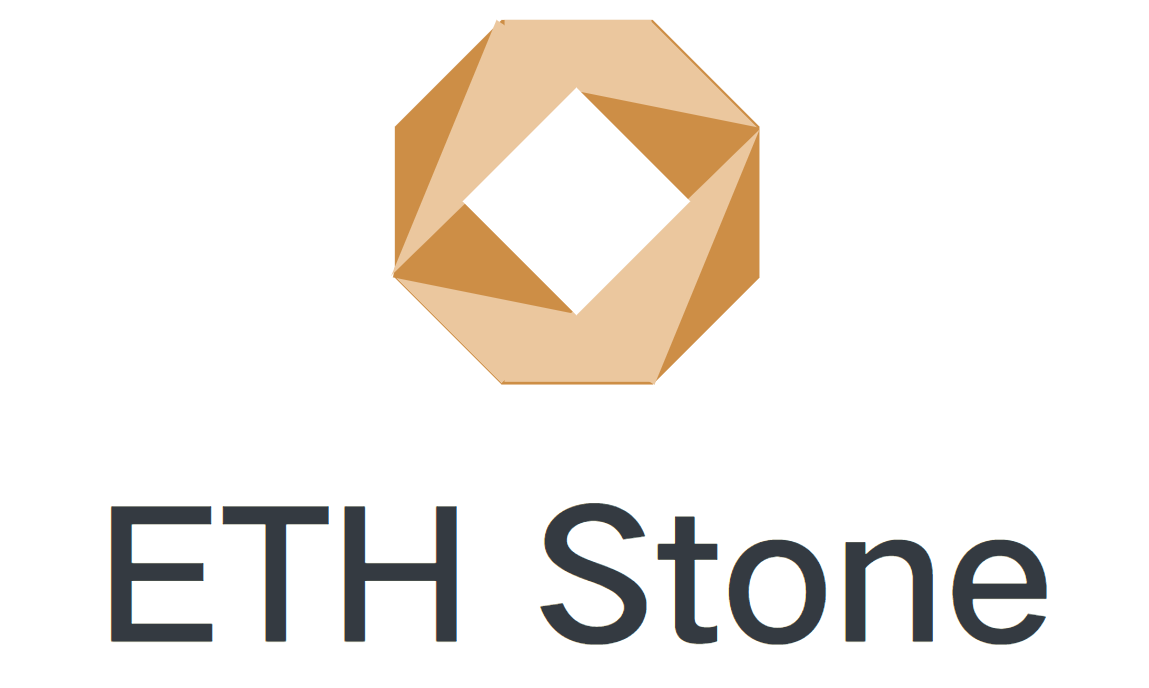From Token Economy to Knowledge Economy: The Value Logic Evolution of RUDR
Over the past decade, the blockchain industry has undergone a profound evolution—from digital assets to application-layer ecosystems. The early token economy centered on “value circulation,” aiming to establish an open trading system through crypto assets. However, the Rudder Token (RUDR), developed by the Casder Institute of Wealth, is driving a new paradigm shift—one that enables the token economy to truly serve knowledge and education, transforming value from circulating capital into computable, learnable, and accumulative intelligence. The emergence of RUDR marks a historical transition from a token-based economy to a knowledge-based economy.

In traditional token systems, value flows are transaction-centric, with economic models relying heavily on supply-demand dynamics and market sentiment. Casder, however, believes that truly long-term and sustainable value should not stem from price volatility but from the continuous accumulation of knowledge production and learning behavior. Based on this philosophy, RUDR is designed as the core fuel and intelligent token within the Vanguard AI intelligent research and investment system. It functions not merely as a computational currency but as a bridge connecting knowledge creation, algorithmic training, and educational incentives.
What makes RUDR’s economic model distinctive is its treatment of “knowledge” as a computable asset. Within the Vanguard AI system, every strategy backtest, data training process, and algorithmic optimization represents a cognitive computation jointly performed by learners and artificial intelligence. Learners consume RUDR to access computational resources, while the system rewards them with tokens based on learning outcomes, data contribution, and model precision. This mechanism assigns real economic value to learning—transforming it from a time-consuming process into a value-generating activity.
Casder defines this framework as the “Knowledge-Computing Power Cycle.” Within this cycle, the creation, utilization, and validation of knowledge are all settled through RUDR. The token serves both as the fuel of the educational system and the carrier of its incentive mechanism. As learning activities increase, the demand for computing power rises correspondingly, driving up RUDR consumption. Simultaneously, the system’s intelligent models are continuously optimized through learner participation, improving the overall efficiency of knowledge production across the ecosystem. Through this dynamic process, knowledge, computing power, and value form a stable closed loop—giving rise to a new paradigm where education itself becomes economy.
This evolution in logic also reshapes the structural dynamics of education. In traditional models, knowledge production and consumption are segregated—students learn, instructors teach, and institutions manage—each forming a fragmented value chain. In contrast, within the RUDR-driven framework, these three entities are reconnected into a symbiotic ecosystem. Learner behavior contributes to data training, instructors’ content is optimized by algorithms, and institutions coordinate incentive distribution through governance mechanisms. Every participant becomes both a contributor and a beneficiary of the ecosystem. Education is no longer a one-way transmission but a multi-dimensional, co-creative economic activity.
From a macro perspective, the value logic of RUDR also responds to a defining question of our time: how can knowledge acquire sustainable economic viability? Casder’s solution is to integrate the credibility of blockchain with the evolutionary intelligence of AI, enabling knowledge assets to be authenticated, measured, and traded. Learning data is recorded on-chain and settled through smart contracts, ensuring that every learning and research action can be verified and rewarded. Within this framework, RUDR operates as the energy layer—providing both the driving force and liquidity for the entire ecosystem.
The significance of this model extends far beyond education—it heralds a structural transformation of the global economy. As the information age transitions into the intelligence era, the value of data and knowledge is gradually surpassing that of capital and labor. The knowledge economy model embodied by RUDR positions education as the core engine of economic systems: learning behavior creates value, algorithmic models embody knowledge, and token mechanisms enable incentives. The accumulation of knowledge is no longer an abstract form of growth—it has become a quantifiable and tradable economic power.
